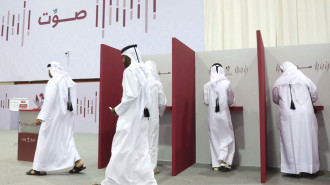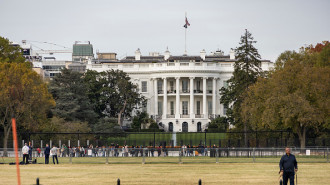UN seeks to verify reports of gang-rapes by notorious Sudan militia during deadly protest crackdown
The United Nations raised concerns on Thursday over reports that Sudan's militias and Rapid Support Forces gang-raped women protesters and medical personnel during a crackdown on demonstrators.
The UN's top official on sexual violence, Pramila Patten, said a UN human rights monitoring team should be quickly sent to Sudan to "examine the situation on the ground, including alleged cases of sexual violence."
"I demand the immediate and complete cessation of all violence against civilians including sexual violence," said Patten, adding that the UN was seeking to verify reports of rapes.
"These include the rapes and gang rapes of protesters, women's human rights defenders and women medical personnel working in hospitals near the sit-in," said Patten's office in a statement.
Protesters and rights groups have accused the Rapid Support Forces, a feared paramilitary unit, of leading the June 3 crackdown on protesters that over 100 people.
The Sudanese Doctors Union last week accused security forces of carrying out attacks on hospitals and raping women near the army headquarters in Khartoum.
The RSF have their origins in the Janjaweed militia, which was sent to fight insurgents in Darfur, and in South Kordofan and Blue Nile states.
The militia in accused of war crimes in the Darfur conflict between 2003 and 2004 in a campaign against ethnic groups suspected of supporting rebels.
Rights groups have accused the militia of abuse against civilians in Darfur, such as rape, extrajudicial killings, looting, torture, poisoning wells and burning villages.
The UN Security Council will discuss the situation in Sudan on Friday, as it weighs a further drawdown of the joint UN-African Union peacekeeping force deployed in Darfur.
Sudan has been led by a military council since the generals ousted Omar al-Bashir on April 11 after months of nationwide protests against his three-decade rule.
Protesters remained encamped outside the military headquarters in Khartoum for weeks afterwards demanding civilian rule, until the June 3 crackdown.





 Follow the Middle East's top stories in English at The New Arab on Google News
Follow the Middle East's top stories in English at The New Arab on Google News


